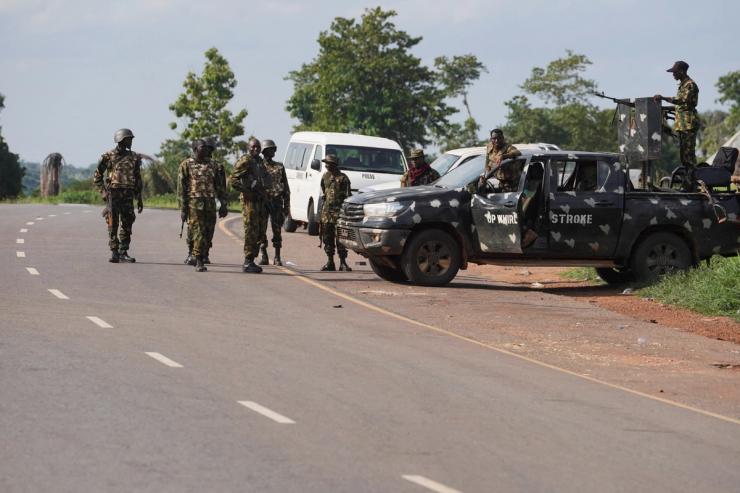The News
Amnesty International has accused the Nigerian army of unlawfully detaining and abusing women and girls who escaped Boko Haram captivity in northeast Nigeria, raising new concerns about the country’s response to the long-running insurgency.
The human rights group said troops held survivors for a period of days to years between 2015 and 2023, typically due to their real or perceived association with the Islamist militia. At least 2 million people have been displaced and more than 35,000 killed since Boko Haram launched an insurgency against the Nigerian government in 2014 with the aim of creating an Islamic caliphate in West Africa.
SIGNALS
Abusive reintegrative efforts may reduce the likelihood of male insurgents surrendering
The abusive reintegration of women who escape Boko Haram could exacerbate the conflict by deterring male insurgents who have been eyeing the possibility of their own surrender, according to a report by Crisis Group in 2019. Although the stigma of being a “Boko Haram wife” has improved in recent years, many of the women and girls interviewed by Amnesty International said they were insulted and feared by community members upon returning.
The military’s alleged abuses may be part of a broader ‘epidemic of lawlessness’
The surge in incidents of vigilante justice in Nigeria reflects a society that is “fundamentally ill at ease with the rule of law,” a senior fellow at the Council on Foreign Relations argued. And it’s not just civilians taking matters into their own hands: Police officers and soldiers have also been known to shoot people simply for rubbing them up the wrong way. Nigeria’s state-funded National Human Rights Commission is “comatose” in the face of alleged extrajudicial killings and illegal arrests, while the US looks the other way, a former commissioner warned in The Guardian Nigeria. Transparency and accountability appear to be sorely lacking: More than 300 people have been killed in “erroneous” airstrikes since 2017, but the army has failed to disclose much about its investigations into these incidents, Human Rights Watch said.
A weakened ECOWAS could be bad news for regional security cooperation
The West Africa regional bloc ECOWAS acted decisively by imposing sanctions and demanding electoral timetables following recent military coups in Burkina Faso, Mali, Niger, and Guinea, but it has been largely impotent in the face of constitutional ones, a research consultant argued in Foreign Policy. The two may be linked: The bloc’s “woeful inaction” regarding politicians’ violations of democratic norms in previous decades meant people lost faith in the ability of such institutions to protect them from autocrats, leading them to believe military rule, rather than democracy, was the way to achieve change. An ECOWAS further weakened by the withdrawal of three Sahel member states in January could hurt bilateral efforts to counter Islamist insurgencies, a Crisis Group expert warned.



